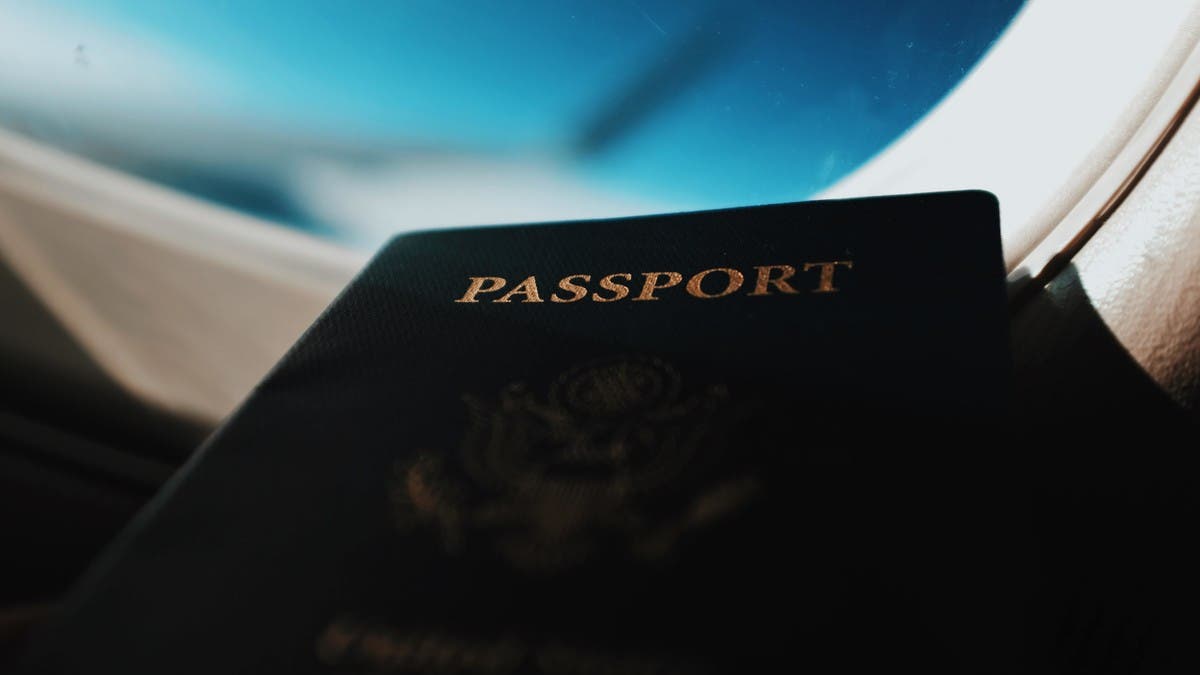An increase in demand for dual citizenship or residence-by-investment inquiries by citizens and residents from first-world countries has been observed since the Russian invasion of Ukraine, a Dubai-based passport advisory told Al Arabiya English.
“Generally, what we have seen is an increase [in demand] from countries that are not considered third or second world countries,” said Passport Legacy Managing Partner Jeffrey Henseler in an interview with Al Arabiya English. He attributed the unprecedented uptick to people from European countries who did not feel as safe as they used to after Ukraine was invaded.
For the latest headlines, follow our Google News channel online or via the app.
“People from considerably safe countries have realized that they are maybe not as safe as it seems. And for that reason, we have, over the last one or two weeks seen an increase. For example, we have had a few inquiries, believe it or not, from Germany because of this,” he added.
Henseler said that Passport Legacy has been treading very carefully in recent weeks because the sanctions being imposed on Russia could pose difficulties for their internal procedures and processing for passports or residency.
“We're being very careful at the moment because sanctions are being put especially on Russia, and we will never want to be in a position where we have to say ‘sorry, Mr. X, we are unfortunately not able to continue the process together’ so we focus on other countries definitely more than Russia and Ukraine right now,” said Henseler.
“I have been to Ukraine twice in the last two years, it is a beautiful and stable European country, in my opinion. When you go there and you move throughout the streets, you would never expect something like this [Russian invasion] to happen,” he explained, adding that Ukraine and Russia were never really key markets for the boutique Swiss advisory.
The firm more commonly caters to clients in the Middle East, West Africa and Asian countries that are densely populated such as India and China.
As conflict continues to rise in certain areas in the world, so does the demand for dual citizenship or residency-by-investment.
“Wherever there is conflict in the world, we often see an increase in demand from that specific market. Such as Lebanon for example where we also have our own office. The [decline in the] currency is making things difficult and banks are restricting payments from going outside so people needed to find a Plan B in order to bank somewhere else,” said Henseler.
The Dubai-based Swiss advisory specializes in citizenship and residence by investment. This means that foreign investors can invest their money into a specific country and gain a residency or citizenship.
This is a particularly popular service among wealthy expats in Dubai looking to secure a “plan B” or a legacy for their families, according to Henseler. In order to qualify for Passport Legacy’s services, clients will need to undergo a thorough background check.
“Applicants need to be 100 percent clean, so they get checked over a period of at least 90 days. [During this time,] they have to declare their income, their history, their families, and everything related to them, meaning that the country they're applying for a citizenship of or residency in will most probably end up knowing more about them than their actual country of birth afterwards,” he explained.
Programs start at $100,000 donation, an amount which is non-refundable. There are also added costs such as due diligence fees, application and processing fees, passport application fees and Passport Legacy’s own advisory fee.
Pandemic-spurred demand, change in investment attitudes observed
“I think people started to value things a little bit differently,” Henseler told Al Arabiya English, in reference to the shift in client attitudes throughout the COVID-19 pandemic.
Before the pandemic’s onset, people often opted for dual citizenship or residency by investment based on lifestyle choices, he said.
“[Clients used to consider] where will they have the best summer, in Mykonos or Ibiza? Where will their families be able to go to school, in Switzerland or the United Kingdom?” he said, adding that during the pandemic, “people started to actually worry about their health.”
“Access to good healthcare definitely increased in interest because people from West Africa often do not have access to a top surgeon that is specialized in one specific kind of operation and therefore, they would need to fly to the United Arab Emirates, Germany, England or Switzerland for instance in order to receive treatment.”
Another interesting change in attitudes observed by Passport Legacy throughout this time was that people started to worry about their legacy, and what they would leave behind for their children to secure their futures.
Read more:
‘I feel empty, scared’: Dubai-based Ukrainian expats share their ordeal amid invasion
Japan in talks with US, European countries over banning Russian oil imports: Report
West calls for Russia’s suspension from Interpol

 World3 years ago
World3 years ago
 World3 years ago
World3 years ago
 Business1 year ago
Business1 year ago
 Entertainment7 years ago
Entertainment7 years ago
 World7 years ago
World7 years ago
 Entertainment7 years ago
Entertainment7 years ago






